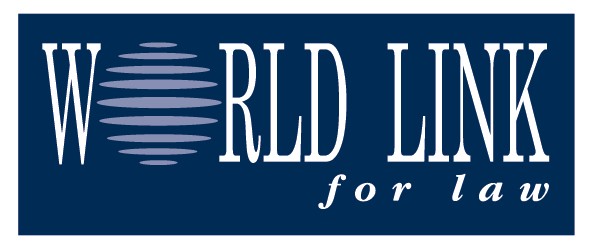Available | Disponible : French Spanish
Today, numerous European wealthy families ask us questions that wouldn’t have crossed their minds few years ago: How to make sure to be legally able to live and work in North America if the EU disintegrates into national states?
While no one expects the European Union (“EU”) to disintegrate in near future – although the new Italian minister of interior believes it may happen next year –, we have learned from history that when disintegration starts, the end of free visa access to United States (“US”), Canada and Australia is likely to follow shortly after.
To act preventively, it is better to ask, as of now, the following questions: How to make sure that our family can choose the moment of moving without having to do so now or in one or two years? Can I secure the right of entry without becoming a taxable resident in a new country?
The US, Canada and Australia have numerous immigration programs for business or wealthy people but all of them require significant presence in the country to retain permanent residency status.
Those programs don’t offer the certainty of wealthy EU families that desire to remain at home while at the same time having the certainty and possibility of taking off and migrating when needed.
With respect to the US, only the EB5 program may partly satisfy their expectations. Once the form I-526 is approved, usually within 12-14 months, investors have one or maximum two years to start their conditional permanent US residence. It also marks the start of the obligation to report worldwide income in the US.
Curiously, the Quebec Investors Immigration Program (QIIP), despite its long delays, fits perfectly: once Quebec approves the application, it gives applicants certainty of establishment in Canada without the duty to reside on the Quebec territory or report worldwide income for another eight years!
To complete the Canadian permanent residency in Quebec, the first step is to obtain the Certificate of Selection of Quebec (CSQ). It is a provincial pre-selection and takes approximately one year to obtain. The second step is to apply for the residency at the federal level. According to the Quebec-Canada agreement, once the CSQ is issued, the federal government can only refuse final approval on two grounds: health or security. In other words, once the CSQ is granted, there is very little chance the federal government will reverse the decision and reject the application. The whole process to obtain the permanent residency takes four to five years on average.
Once the federal government issues the permanent residency permit, the applicant has one year to land in Canada. If the applicant wishes to return in his/her home country, e.g. not to become permanent resident for tax purposes in Canada, he/she can do so immediately. However, in order to keep the right of permanent residency, it is necessary to spend at least 730 days (two years) out of a period of five years as of the date of first entry on Canadian soil.
In cases in which a family needs to accelerate its arrival, there are other options to secure a quicker entry on the Canadian territory such as applying for temporary residency (work permits, study permits…) simultaneously with the application for permanent residency.
Immigrating to Canada as a permanent resident is a long process, but it allows you to prepare a potential exit route, especially for Europeans, in advance for the years to come, provided you do it in time.
The procedure is slow and expensive but peace of mind is priceless.
This article does not constitute in any case a legal opinion in immigration law. To begin any of the procedures mentioned above, please consult Hynek Zikovsky or one of CMKZ‘s lawyers specialized in immigration law.

